The ongoing trade discussions between the EU and Mercosur are a good example of the complexities of concluding a trade deal that faces the UK after Brexit.
A ministerial delegation from Brazil, Argentina, Uruguay and Paraguay were in Brussels this week for talks with Commissioners Hogan (Agriculture) and Malmstrom (Trade) with a view to giving political direction to their respective negotiators that would close the deal.
At the end of the discussions, the Mercosur countries decided they needed a period of reflection.
The sticking points remain the usual: access to the EU for Mercosur beef and sugar in return for the Mercosur countries dropping tariffs on a range of industrial goods.
These include cars, car parts, pharmaceutical and dairy products, in particular, with recognition of EU Geographical Indications (GIs), which includes Scotch beef and lamb.
Of course, the impact on Scottish farmers of any deal between the EU and Mercosur will be decided by the Brexit negotiations. If there is a complete break between the UK and EU with Brexit, then deals that have applied to the UK as an EU member would fall.
However, while this is uncharted territory for both the EU and UK, the EU is thinking about the impact of losing the UK beef market in any Brexit deal.
This is reflected in the EU making a smaller offer of 70,000 tonnes beef quota late last year, which is significantly below the 100,000t access that was offered back in 2004.
There were conflicting signals emerging from Brussels on Wednesday afternoon about whether or not the EU was prepared to increase its beef offer further to close a deal.
Copa Cogeca, the umbrella farm organisation of which NFU Scotland is a member, issued a statement condemning the willingness of what they described as the EU move to raise significantly its offer on beef to 99,000t from the previous 70,000t, which in itself generated huge farmer opposition across Europe, but particularly in France and Ireland.
The Commission, on the other hand, is adamant that there is now a move made on beef and that Mercosur have to come up with offers on what are described as the EU offensive interests of cars, car parts, and other industrial goods.
So what is happening?
It is likely in the negotiation process that both these positions are correct. Mercosur ambitions for beef access were in the region of 200,000t, and it will have become clear this week that, whatever flexibility there may be, it won’t be anywhere near this level.
There seems a variance of opinion in Brussels, with Agriculture interest resisting beef offers and Trade much more enthusiastic.
However, if Mercosur moved to a satisfactory level on the products the EU wants to export to it, then the pressure for an offer on agriculture, particularly beef and sugar, would become immense. In this context it is very likely that the EU would up its offer from the present 70,000t to close to 100, 000t but not beyond, as that seems the red line. In such circumstances the Copa Cogeca figure of 99,000t would make sense.





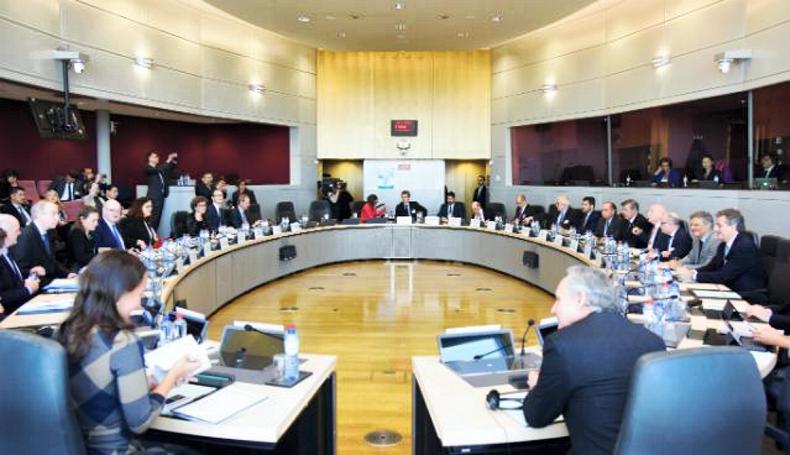
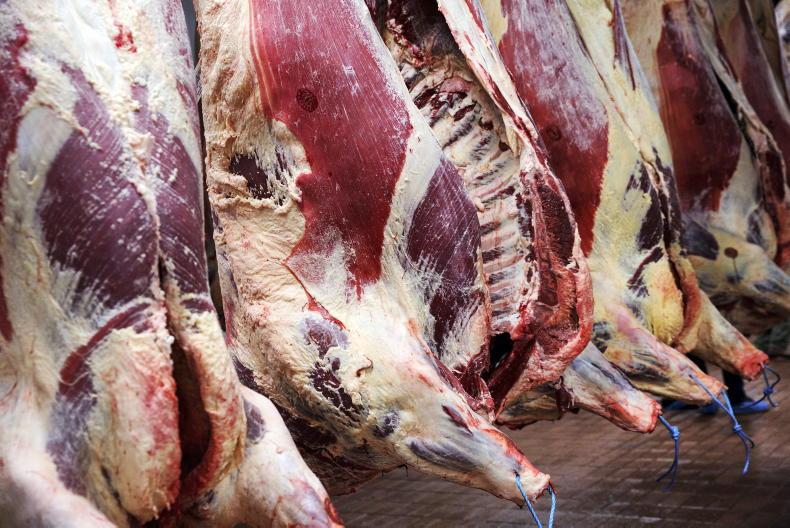

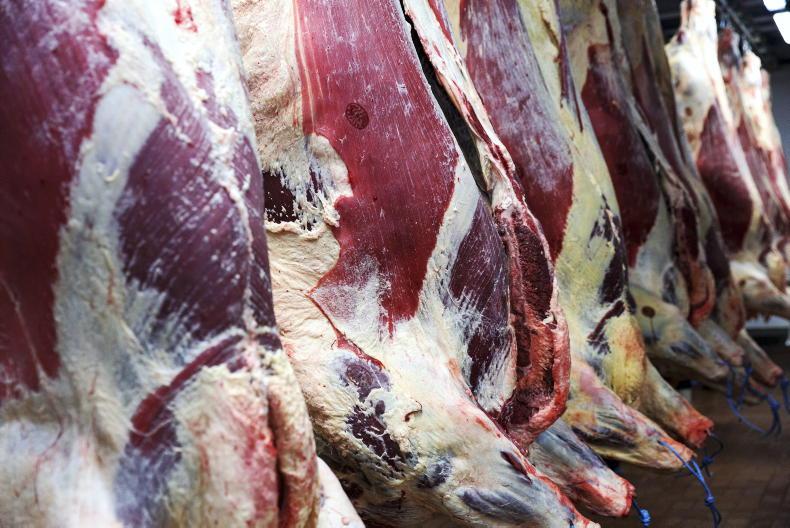
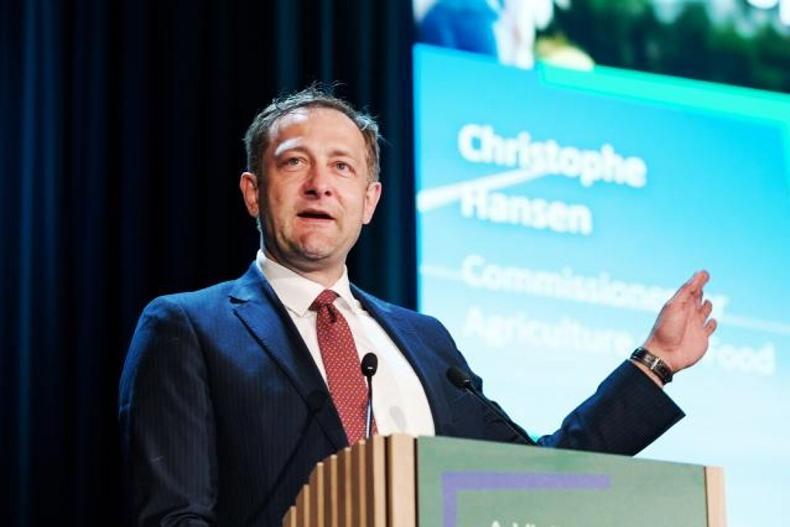
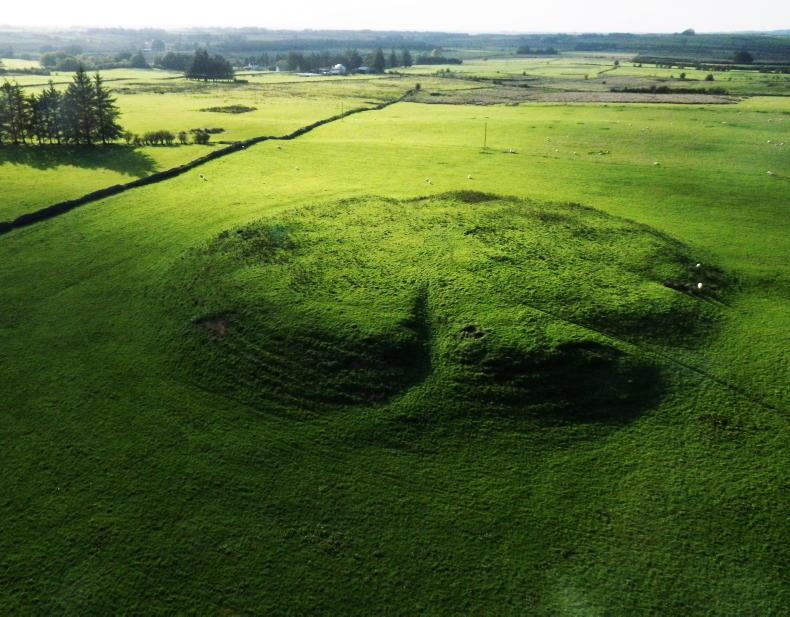
SHARING OPTIONS